Aetna Approves Coverage for Cleerly's AI Cardiovascular Imaging Analysis
Major Insurer Joins UnitedHealthcare, Cigna, and Humana in Covering Cleerly's AI-QCT Technology as Industry Momentum Builds with 86+ Million Lives...
2 min read
 Cleerly
:
November 10, 2025
Cleerly
:
November 10, 2025
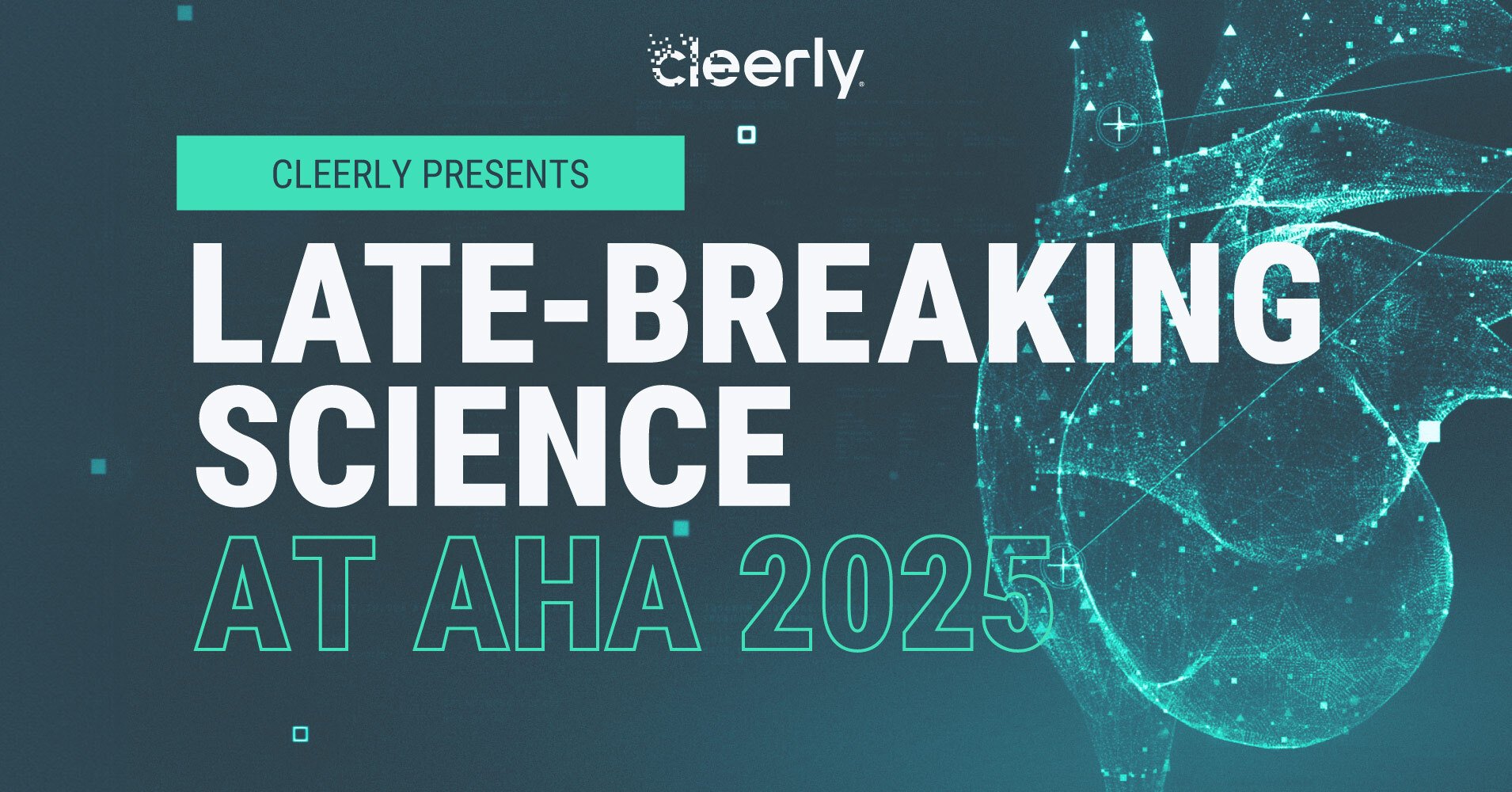
New Data from the CONFIRM2 International Registry Shows AI-QCT Improves Prediction of Major Cardiovascular Events from 62% to 75%
November 10, 2025 (DENVER, CO) – Cleerly, a leader in AI-based cardiovascular imaging, presented new, late-breaking science from the international CONFIRM2 Registry at the American Heart Association (AHA) Scientific Sessions 2025 at the Ernest N. Morial Convention Center in New Orleans, LA.
The study, "Risk stratification by AI guided CT atherosclerosis quantification according to the clinical likelihood of obstructive stenosis," analyzed 6,550 patients (51.6% female, mean age 59) over 4.4 years who underwent coronary computed tomography angiography (CCTA) with AI-based quantitative coronary CT analysis (AI-QCT) across international sites.
The findings indicated:
"This is another step towards earlier identification and treatment for patients," said Ibrahim Danad, MD, PhD, the study's principal investigator. "In this case, it challenges what we know about obstructive disease and further validates the abilities of AI-QCT. This is another fascinating learning we’ve gained from the CONFIRM2 Registry."
The findings demonstrate that AI-guided atherosclerosis quantification provides valuable prognostic information for MACE and MI/death beyond traditional clinical risk assessment. Given that 78.4% of symptomatic patients in this study had very-low or low likelihood of obstructive disease, the ability of AI-QCT to risk-stratify these patients for future events addresses an important clinical gap.
Cleerly is the company on a mission to eliminate heart attacks by creating a new standard of care for heart disease. Through its FDA-cleared solutions driven by artificial intelligence, Cleerly supports comprehensive phenotyping of coronary artery disease, as determined from advanced noninvasive CT imaging. Cleerly’s approach is grounded in science, based on millions of images from over 40,000 patients. Led by a world-class clinical and technical team, Cleerly enhances health literacy for each and every stakeholder in the coronary care pathway. For more information, please visit: cleerlyhealth.com.
Christy Sievert
press@cleerlyhealth.com
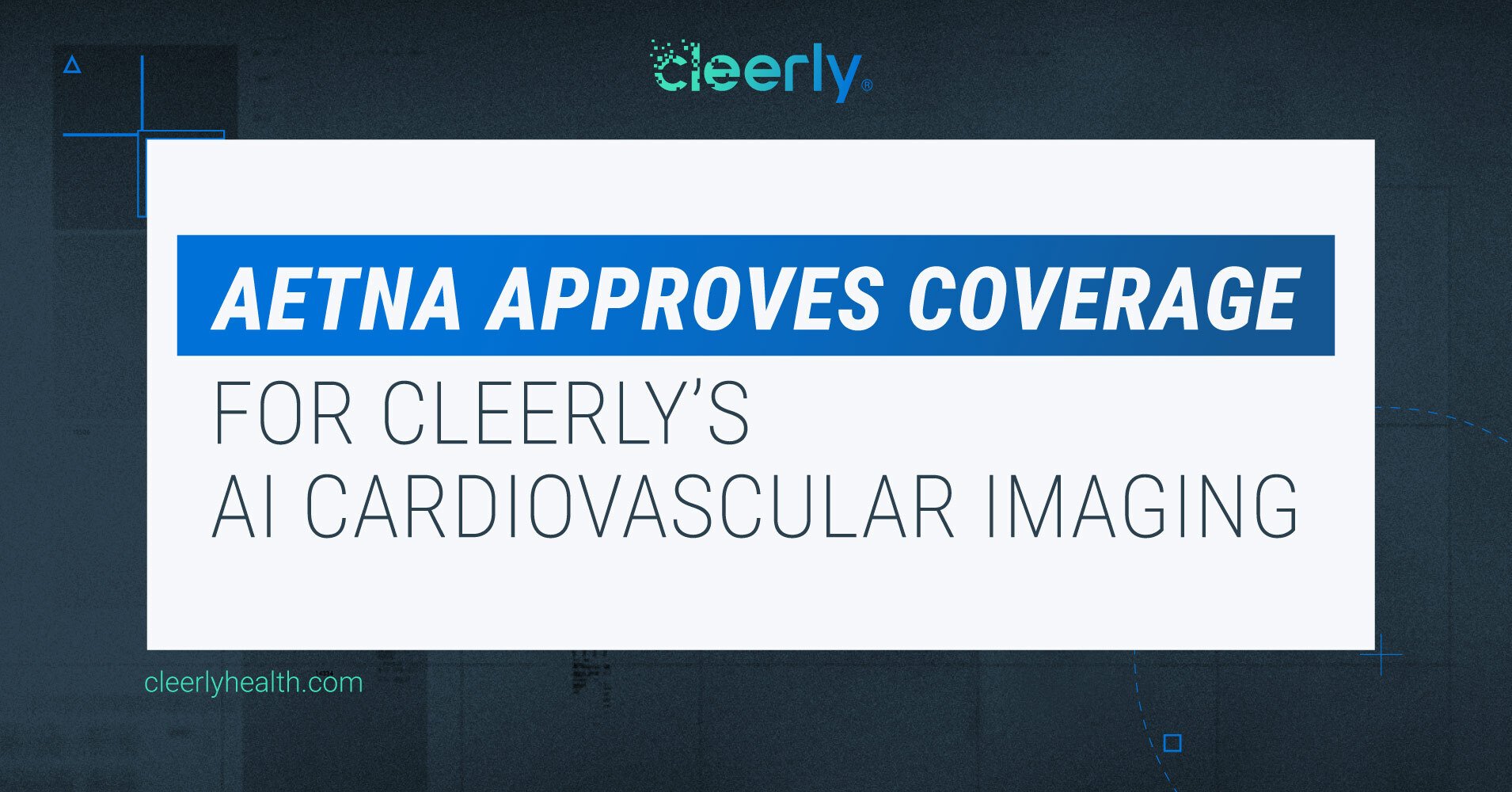
Major Insurer Joins UnitedHealthcare, Cigna, and Humana in Covering Cleerly's AI-QCT Technology as Industry Momentum Builds with 86+ Million Lives...
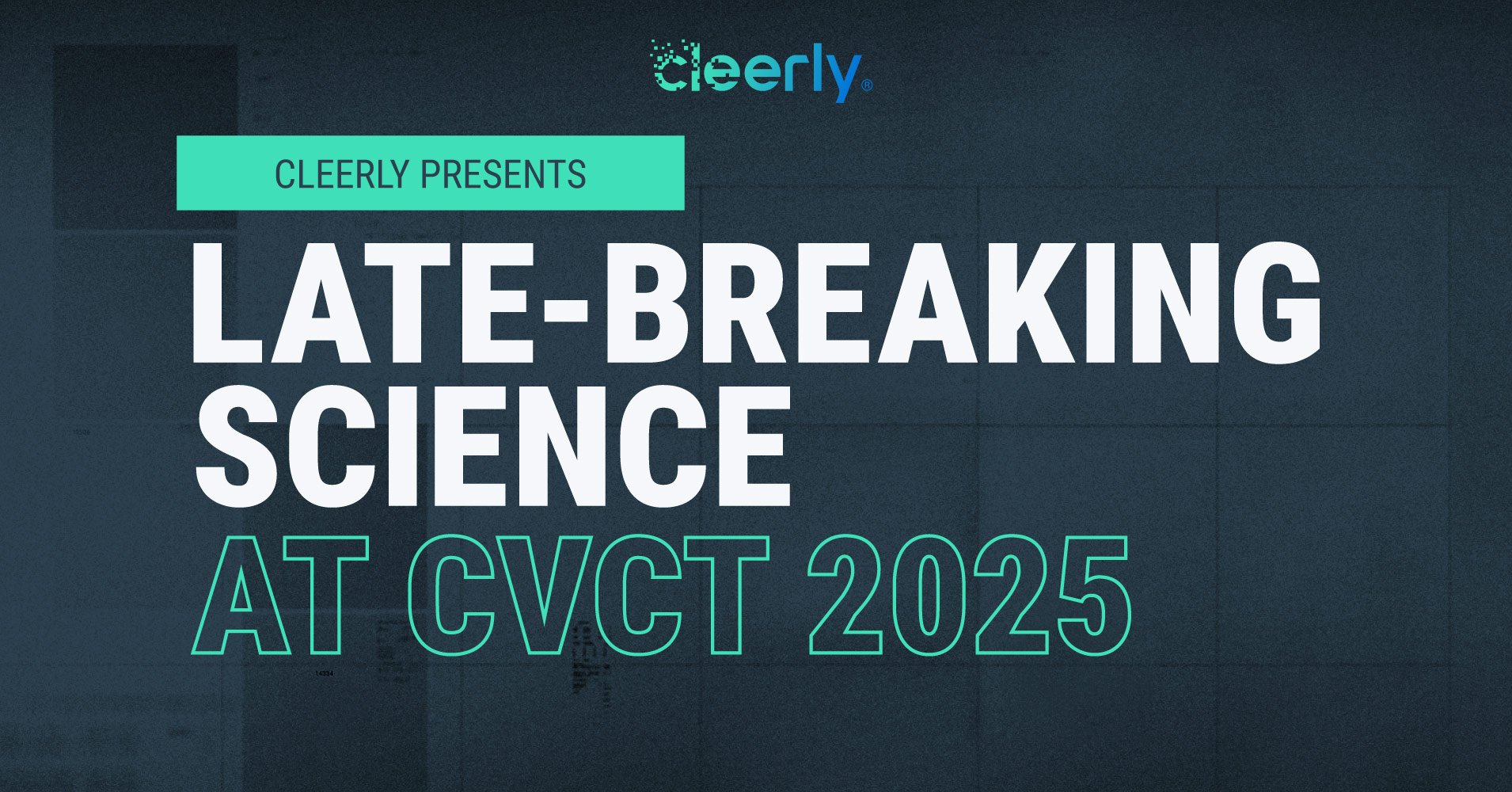
Sixth late-breaking presentation from CONFIRM2 Registry demonstrates 12-fold risk gradient based on total plaque burden
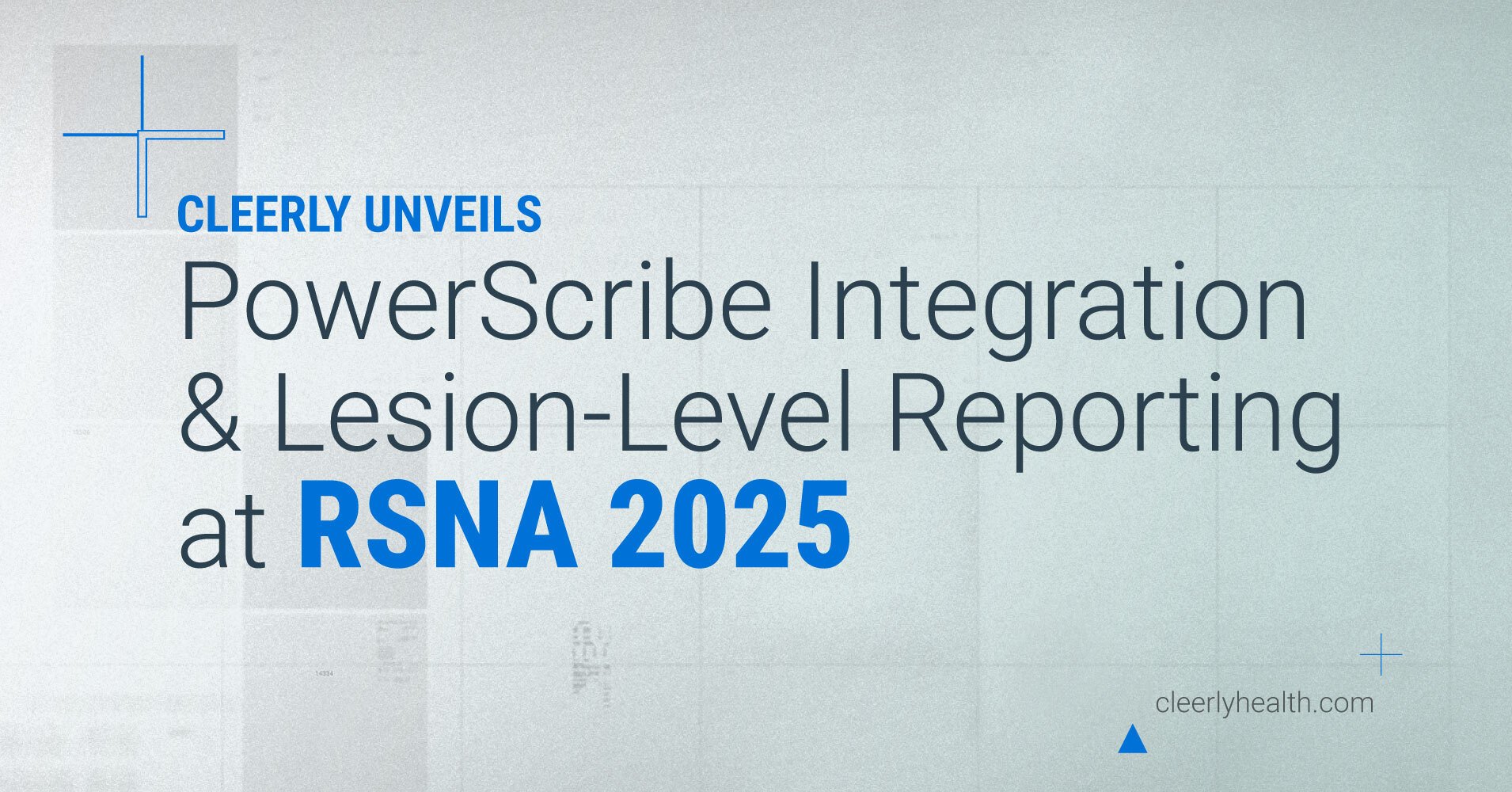
New additions streamline data transfer with lesion details, helping make information more accessible for care teams
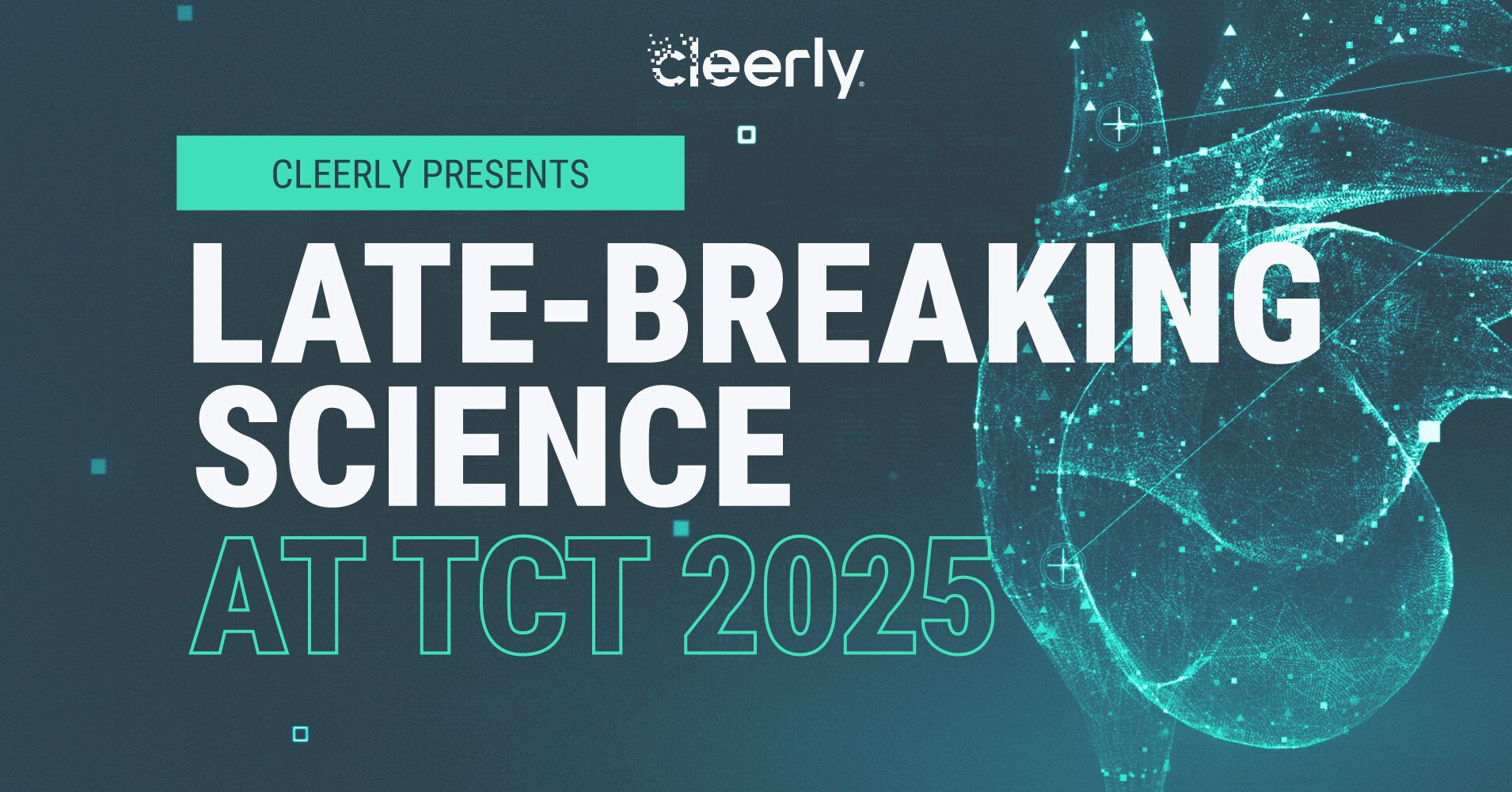
CONFIRM2 Registry Demonstrates Prognostic Value of AI-Based Plaque Characterization Beyond Stenosis Severity

New Insights on AI-Quantitative Coronary CT (AI-QCT) Data to be Shared in Montreal, July 17-20, 2025
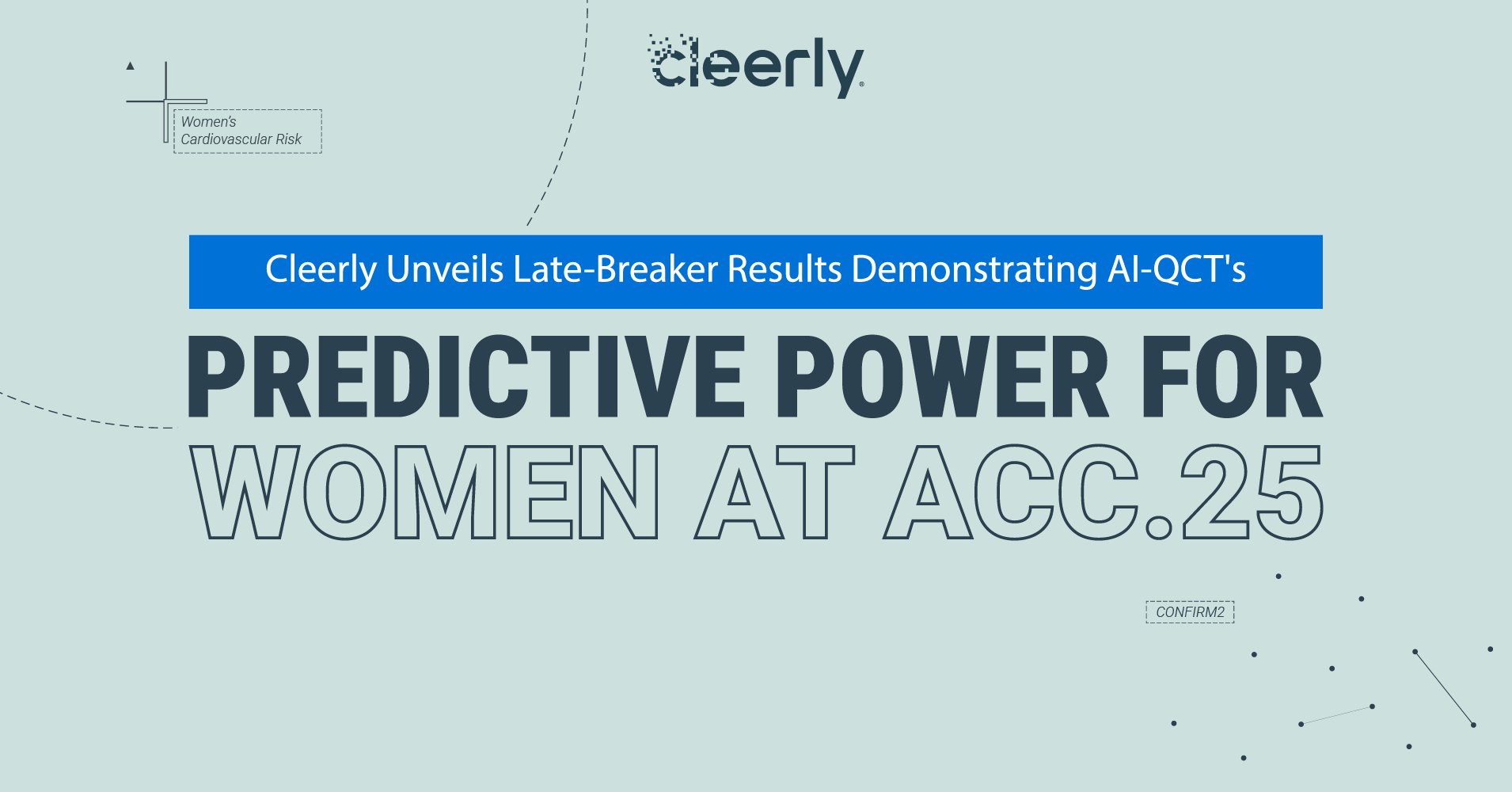
New Findings from the CONFIRM2 Registry Reveal Significant Gender Disparities in Coronary Plaque Features and Associated Risks for Major Adverse...